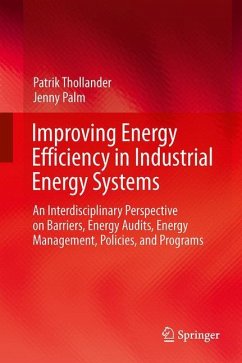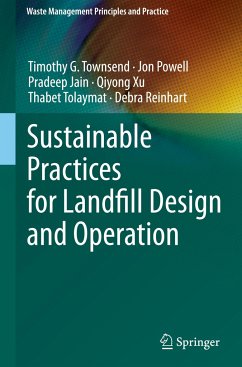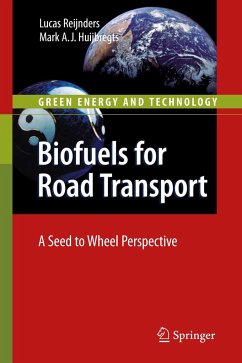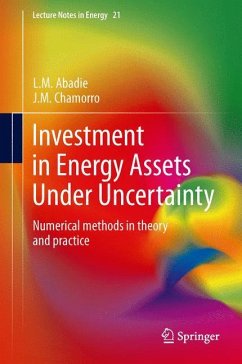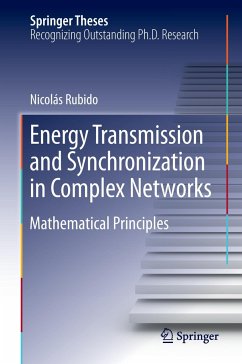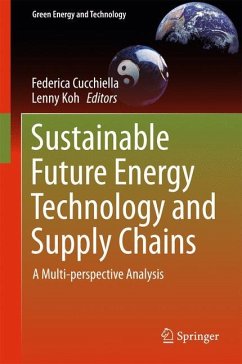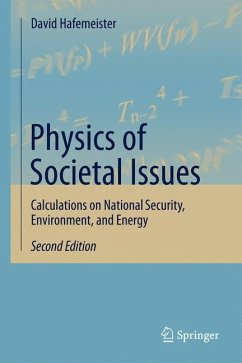Nicht lieferbar
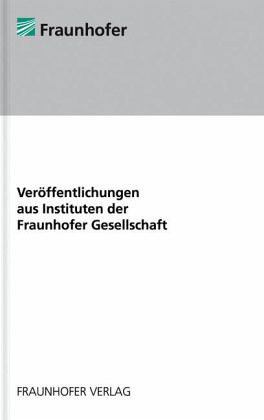
Option valuation for energy issues.
Versandkostenfrei!
Nicht lieferbar
Many decision processes, especially energy choices linked to technological alternatives, have to simultaneously face uncertainty and irreversibility of some kind. The purpose of this book is to highlight specific aspects of these situations from the particular perspective of option valuation.In 1974, Arrow and Fisher and Claude Henry introduced the option value in an explicitly dynamic decision-making framework. They were able to demonstrate that, in the case of absolute irreversibility and of exogenous and increasing information flows, the option value increases the intrinsic value of the fle...
Many decision processes, especially energy choices linked to technological alternatives, have to simultaneously face uncertainty and irreversibility of some kind. The purpose of this book is to highlight specific aspects of these situations from the particular perspective of option valuation.
In 1974, Arrow and Fisher and Claude Henry introduced the option value in an explicitly dynamic decision-making framework. They were able to demonstrate that, in the case of absolute irreversibility and of exogenous and increasing information flows, the option value increases the intrinsic value of the flexible alternative. In contemporary literature in finance, the approach of Black and Scholes (1973) has had a tremendous impact on the valuation methods of financial assets. Now, more recent literature is emerging on the "real option value", based on the Black/Scholes tradition. This book tries to assess the relevance of this heritage, to confront it with Arrow-Fisher.s and Henry.s line of reasoning, and to associate it with the original context of problems in environmental economics, with particular reference to energy related choices. The contributions to this book grew out of an international workshop on "Option valuation in energy and environmental issues" held at the Fraunhofer ISI in February 2003.
In 1974, Arrow and Fisher and Claude Henry introduced the option value in an explicitly dynamic decision-making framework. They were able to demonstrate that, in the case of absolute irreversibility and of exogenous and increasing information flows, the option value increases the intrinsic value of the flexible alternative. In contemporary literature in finance, the approach of Black and Scholes (1973) has had a tremendous impact on the valuation methods of financial assets. Now, more recent literature is emerging on the "real option value", based on the Black/Scholes tradition. This book tries to assess the relevance of this heritage, to confront it with Arrow-Fisher.s and Henry.s line of reasoning, and to associate it with the original context of problems in environmental economics, with particular reference to energy related choices. The contributions to this book grew out of an international workshop on "Option valuation in energy and environmental issues" held at the Fraunhofer ISI in February 2003.




